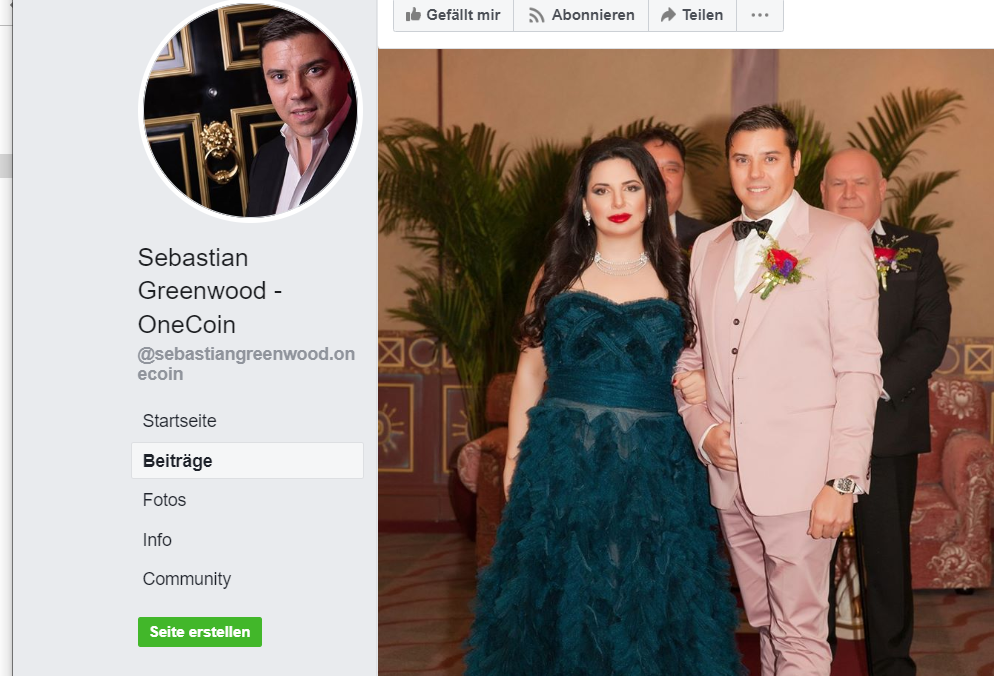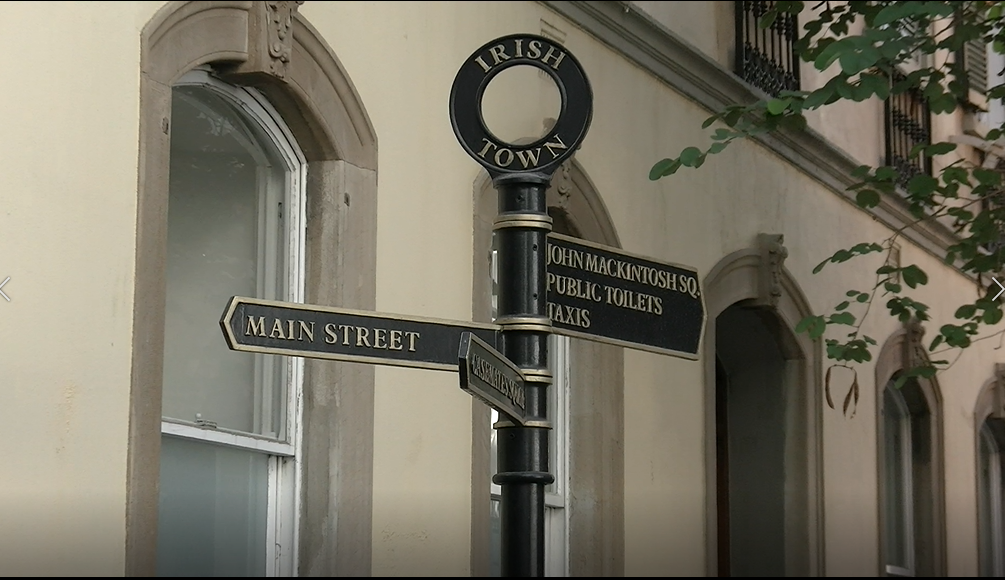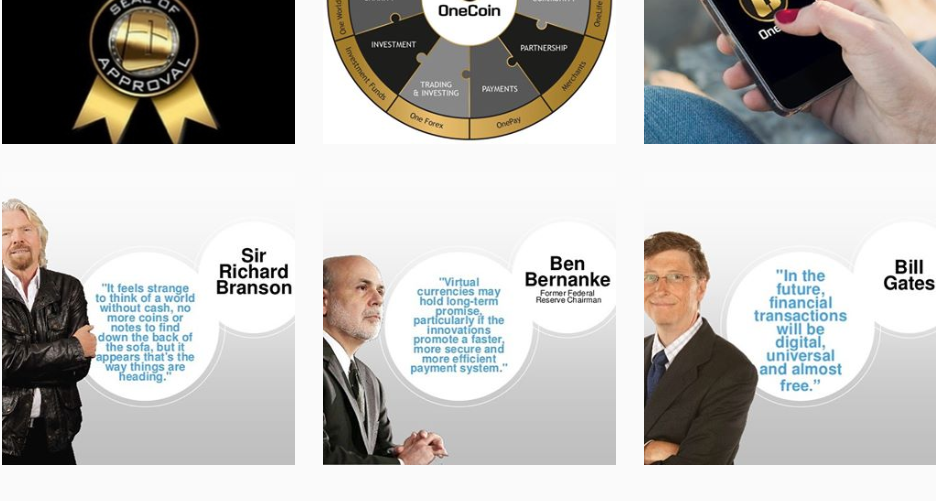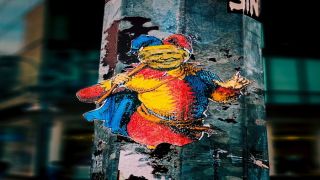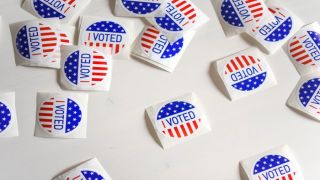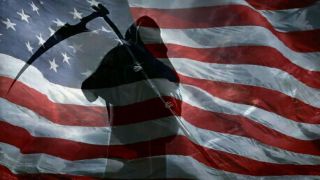Update: Strange leads to Gibraltar - Wirecard involved in money laundering in international narcotic deals?
- Written by
- Be the first to comment!
Money laundering professionals at work?
Again, the trail leads to Gibraltar through many mistakes and confusion of whole mailbox batteries.
Did the managers of Wirecard prepare the money laundering of the international narcotic trade and the darknet for different crypto-currencies?
Did Wirecard already launder money for the international drug mafia via the Dubai branch?
Oliver Bellenhaus, who seems to be involved in a whole network of unrelated companies via various British firms (we reported) could provide excellent information on this. After he arrived in the Federal Republic of Germany, he too is in custody on remand. In 2010 and 2015, Wirecard came under investigation by the Munich public prosecutor's office on suspicion of money laundering. Nothing happened of it.
Now, however, things look different.
The US authorities are currently accusing Ruben W. of having installed fake sites via such a "complex network" of letterbox companies and online payment service providers and of having found a way to sell marijuana illegally in violation of the SAFE BANK Act throughout the United States, as reported by the Wall Street Journal.
When Ruben W., who lived in Luxembourg, was arrested and people close to Wirecard tried to get the fallen star of the Californian marijuana scene out on bail, numerous institutions listened carefully. Once again, the traces lead to well-known trusts in Gibraltar, as one can hear from the scene.
Various investigators are currently investigating the question in the USA, Singapore and the Philippines.
End of a time travel
Now the Management Board of Wirecard must have decided to file for insolvency proceedings given the threat of insolvency. No journalist can see through Wirecard’s corporate network, which is designed like a bulwark, and no one can say what happened on the Philippines, in Singapore and Dubai’s letterbox batteries.
Investors are amazed at the rapid decline in the price of the shares, which allegedly arrived at Zero. Billions in assets have been burned. The Bank of America lowered its outlook to $1 per share, which would mean that the stock would soon reach the penny-stock range. However, the stock isn’t worth that much more. EY, as an auditor, assumes that Wirecard was involved in large-scale fraud. The brutal and partly inhuman suppression of investigative journalism towards the Financial Times by the German BaFin speaks volumes about the understanding of subjecting Wirecard to state control. The despicable lucre justified every transaction that was supposed to make investors richer. It did not matter whether Rami El Obeidi, the “secret service chief” of the Libyan National Transitional Council after Gaddafi was involved in strange financial flows. In this context, it became known that Wirecard also started to spy on critics.
According to information from several agencies, Jan Marsalek, who is now wanted with an arrest warrant, intends to turn himself into the authorities in Munich. Marsalek is also speculating on a deal with the public prosecutor’s office to escape a possibly long period of detention. Meanwhile, Marsalek, who acts as a phantom, is said to be in China.
Watching with history
Meanwhile, the omissions of recent years are becoming increasingly evident. It is impossible to explain to any of the investors why no action was taken when the connection to Wirecard became apparent in 2017 in the “Paradise Papers”. Even back then, it was all about illegal online casinos, offshore gambling providers and the trail into the darkest corners of the Internet. In 2008, Markus Braun had to vehemently advocate that the balance sheets were in order, as rumours were growing that something was wrong with the Aschheim-based company.
Wirecard was the brutal, unbridled capitalism of the dotcom awakening, which was able to make the most of financial slaves such as Gibraltar and Andorra or Liechtenstein. Wirecard developed into an economic system within the financial apparatus. In the beginning, it was only about the billing of pornography, which was downloadable in 1999, and the beginning of online gaming, which boomed from the end of 2004. In the streets of Gibraltar, the company founders and trustees recommended Wirecard as a solution for any profit maximization.
It was no secret that falsely registered prepaid credit cards from gas stations were also used for criminal business. Wirecard did not care about this fact. Thus, bundles of cards loaded with 100 euros from the gas station could be used for transactions that made Wirecard rich.
Those who spoke against this were quickly brought into Wirecard’s reality, into a vacuum without laws. That was tolerated. Or those that the former KPMG manager Markus Braun had made his own. Big questions about where the investment of the foundation of the DAX group came from were wiped away or suppressed. Nobody had anything to want. Over the months and the following years, many journalists realized that money had been provided for the initial business from gloomy sources.
Since then, twelve long years have passed. Nothing happened, at some point, the scene calmed down. The trail already led to Gibraltar. Braun was able to wipe away the pressure that was weighing on him in 2008 with a memorable interview.
But now it looks different.
However, one wonders how it could have come to the point where the prepaid card broker Wirecard was able to lead Commerzbank and Landesbank Baden-Württemberg (LBBW), the Dutch ABN Amro and the Dutch ING by the nose. In this context, Wirecard today looks like any other pyramid game.
Questions about questions remain
Have funds been laundered via cryptocurrencies from offshore paradises?
Also, Crypto.com, where you could allegedly pay your credit card bill with Bitcoin, as well as TenX, will have big problems.
We remember that the trail of Julian Hop’s TenX led to the trustee densely populated mailbox paradise at the southern tip of Spain: In early 2018, the company WaveCrest, which managed the VISA license in Gibraltar, collapsed. TenX was without a permit. What ultimately led to a cooperation with Wirecard is not clear.
It is unusual in this context that the first official measures against Wirecard were taken in Singapore. People did not sleep there.
Here, too, the question remains, was money laundering carried out via BitCoins and the celebrated BitCoin card trick?
Why the people of Aschheim embellished, their balance sheets can only be explained by money laundering. Wirecard was a Trojan horse without reins.
Jan Marsalek is wanted
Marsalek was Braun’s “right hand” and is currently supposed to be in the Philippines. Unfortunately, nobody could be reached at the Wirecard press office. Whether Marsalek is the mastermind behind the countless forged documents can neither be denied nor affirmed.
At least Jan Marsalek or a trace of him is being sought there. Even the Minister of Justice of the Philippines commented on this; apparently, Wirecard has been declared a matter for the boss.
The Philippine Minister of Justice Menardo Guevarra stated that he had commissioned the authorities to investigate. The Southeast Asian state does not have an extradition agreement with the Federal Republic of Germany, which would possibly mean that Jan Marsalek would be exposed to the justice of the Duterte dictatorship. In a country in which human life counts for less than the whims of a dictator, Marsalek would be well advised to return to Germany and provide the authorities with information about the Wirecard Bank’s involvement.
What a coincidence to think that the busy family law expert Mark Tolentino is about to get new bank statements. Marsalek had already entered the country once in March for two days and is now back there. The Philippine authorities are also investigating the bank and are probably looking for the billions in the dictator Duterte’s empire. The Philippine Central Bank stated that the missing funds could not be found in the country’s financial system.
As the Board of Directors of the Philippine banks in Manila told the Manila Times, neither BDO Unibank Inc. (BDO) nor the Bank of the Philippines Islands (BPI) did not find the missing billions, whose name was only used to cover the traces, Governor Diokno said. It remains to be seen whether one can believe that. Another simple question is whether accounts of real customers were falsified to use their names for money laundering. In this context, the air bookings researched by the British “Financial Times”, which Wirecard is said to have carried out to make sales look higher, are said to have given a boost. These bookings were directed through various points.
Thrillers in Manila and Singapore
Diokno added: “The head of the Central Bank noted that both banks had informed Ernst & Young, Wirecard’s external auditor, that the documents confirming the existence of the alleged funds were ‘false’.
He went on to say, according to the Manila Times:
“The document claiming the existence of a Wirecard account at BDO is a forged document and contains forged signatures of bank employees,” BDO said in a statement released over the weekend. And: “Your external auditor has presented us with a document claiming that they are customers. We have established that the document is false. We are continuing to investigate the matter. “
Meanwhile, the Straights Times in Singapore reports that it learned from an unspecified source, through the Reuters news agency, “that Wirecard is also considering selling or closing parts of its business, but that the creditor banks are not interested in an emergency sale, especially since litigation could deter buyers. Besides, Straights Times business editor Choo Yun Ting explained that the Singaporean public prosecutor’s office announced in March last year that eight Wirecard subsidiaries were under investigation as part of a criminal investigation for alleged counterfeiting, falsified documents, money laundering and the release of funds to support false transactions believed to have taken place between 2014 and 2018. Roundtripping involves the falsification of turnover and profit by sending money to a third party who then uses it to buy goods and services from the sender under the pretext of a genuine trade”.
Again, in connection with gambling and options, a programme of effective money laundering has been developed.














